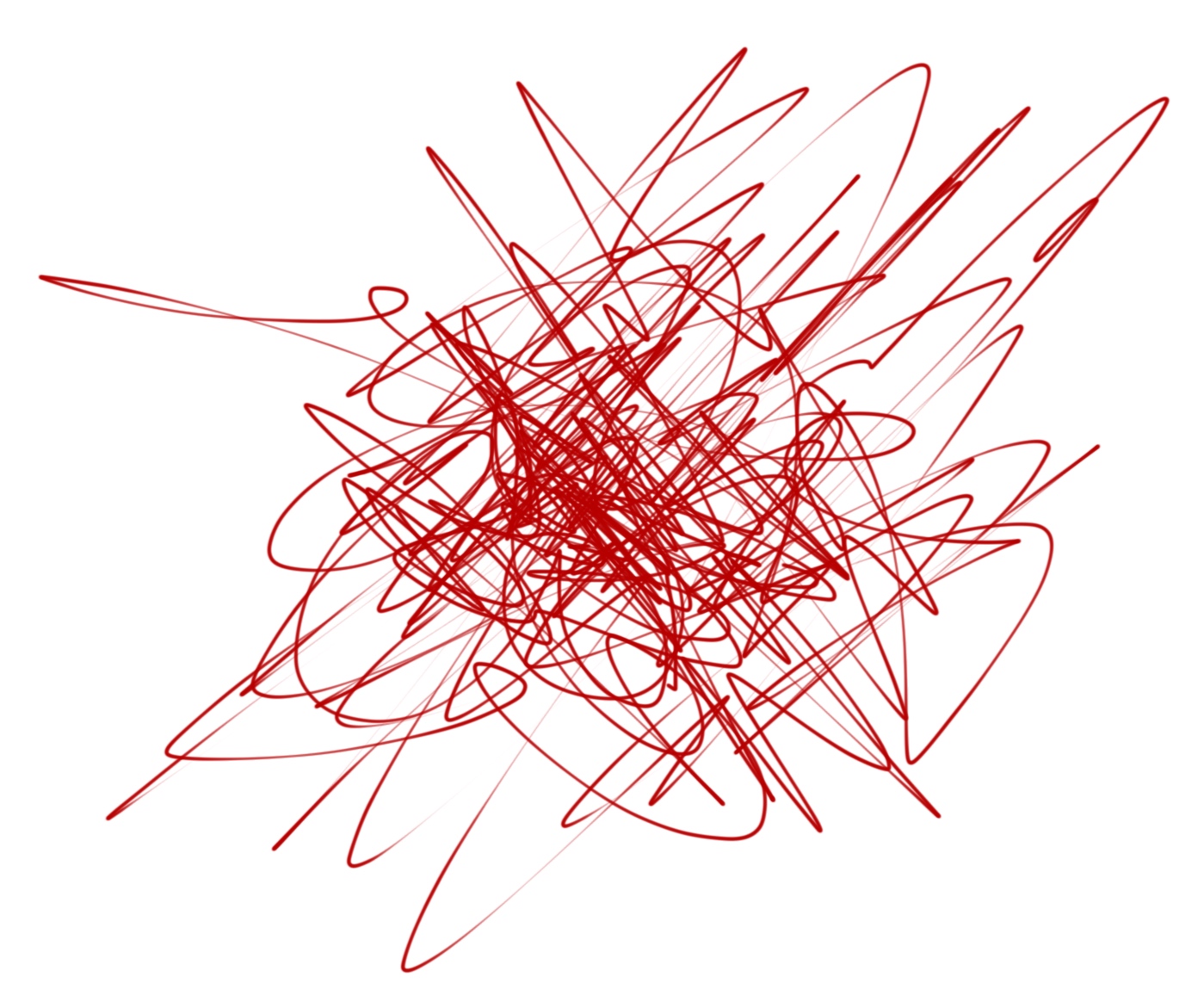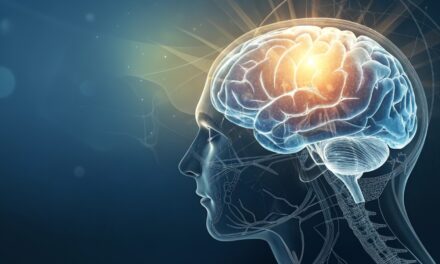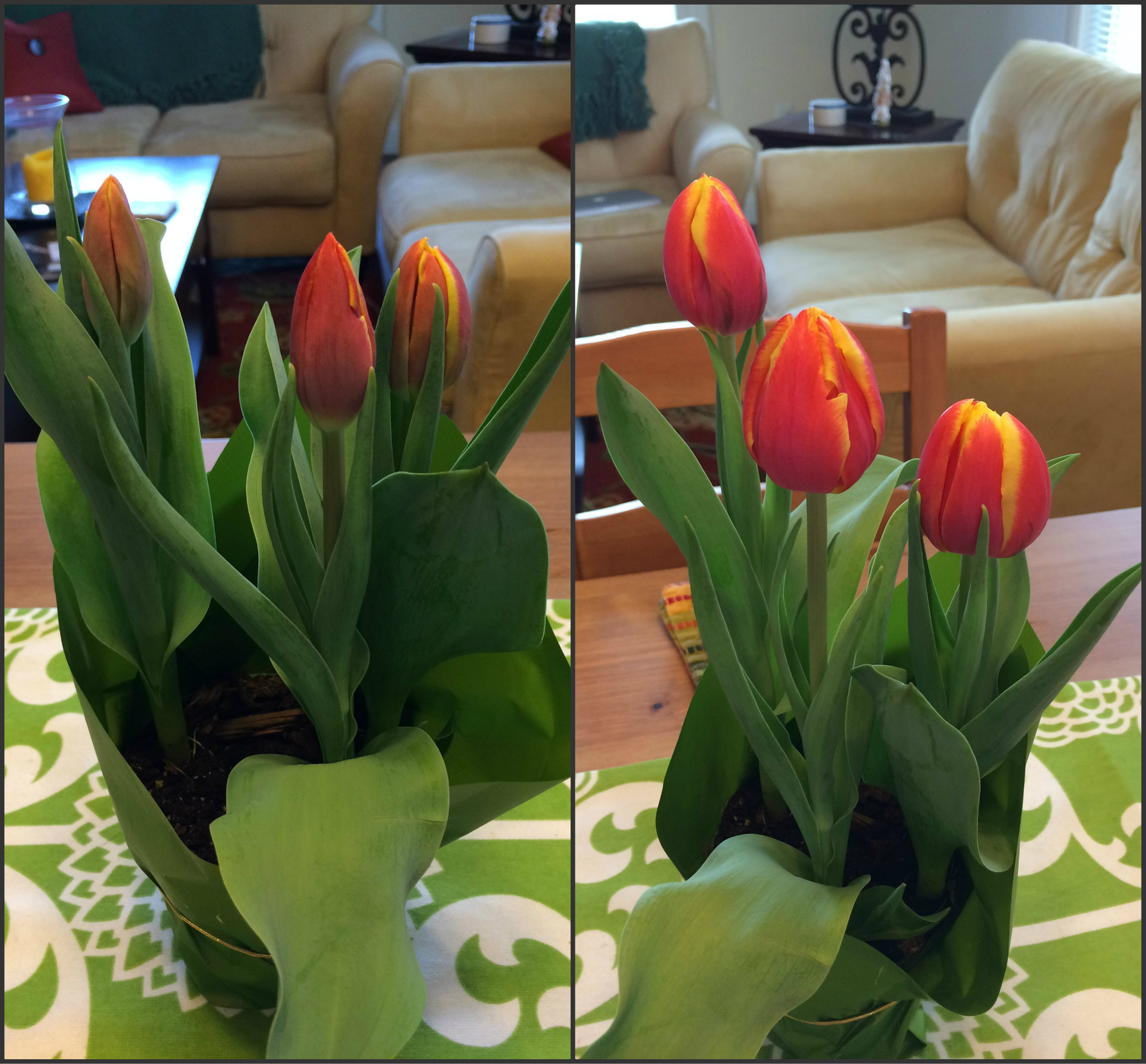 There is much unhealthy anger in the hearts of God’s people. Some anger is good, like the anger that comes in the wake of the most recent church sex abuse reports in the United States. That anger can be productive in compelling change. But there is anger that is unproductive and only feeds upon itself in an endless cycle of pain and hate. Every so often I notice a sudden frequency of people for whom the evil spirit is clearly governing much of their life and relationships. These people may lack a certain self-awareness or have experienced certain past pain or hurt, a breeding ground for the evil spirit, an opportunity to take over.
There is much unhealthy anger in the hearts of God’s people. Some anger is good, like the anger that comes in the wake of the most recent church sex abuse reports in the United States. That anger can be productive in compelling change. But there is anger that is unproductive and only feeds upon itself in an endless cycle of pain and hate. Every so often I notice a sudden frequency of people for whom the evil spirit is clearly governing much of their life and relationships. These people may lack a certain self-awareness or have experienced certain past pain or hurt, a breeding ground for the evil spirit, an opportunity to take over.
It may not be hard for us to look around and see people who exhibit these characteristics, which Ignatius mentions in his Rules for the Discernment of Spirits:
- Acting like a bully, always demanding more, insisting they are never wrong
- Objectifying others for their own selfish ends
- Exploiting others’ weaknesses for their own benefits
- Speaking harshly to others with little respect for their human dignity
- Holding their “good deeds” over the heads of others
We must pray for these people. For many in the thick of these characteristics, they are unaware of how much this outside force is blinding them. They are completely unaware of their True Selves, who God made them to be. These people are not open to transformation because they don’t think they need it. Instead, in the midst of their real anger and pain, they actually seek to stay there, for the evil spirit has made their pain a kind of false comfort.
Spiritual writer Eckhart Tolle in his book The Power of Now, speaks of the “pain-body” in us, a collection of negative energy from past hurts. For most people, this pain-body is generally dormant, but for others it is quite active – they live through it and identify themselves with it. Tolle’s language actually parallels well with the ways Ignatius says the evil spirit works. It is the false self, trying to disguise itself as you. But it’s not you.
The pain-body must be fed, and it feeds itself with more pain. It likes to dwell on past hurt, anger, and grudges. Tolle writes:
It will feed on any experience that resonates with its own kind of energy, anything that creates further pain in whatever form: anger, destructiveness, hatred, grief, emotional drama, violence, and even illness. […]
Once the pain-body has taken you over, you want more pain. You become a victim or a perpetrator. You want to inflict pain, or you want to suffer pain, or both. There isn’t really much difference between the two. You are not conscious of this, of course, and will vehemently claim that you do not want pain. But look closely and you will find that your thinking and behavior are designed to keep the pain going, for yourself and others. If you were truly conscious of it, the pattern would dissolve, for to want more pain is insanity, and nobody is consciously insane.
This is why “becoming conscious” is a big part of many spiritual traditions including Christianity. Ignatius calls it freedom.
Those who feed their pain-body will often insist on the multitudes in Hell. All of this negative energy, this anger, this lack of freedom, is antithetical to God. God desires to give us freedom, mercy, and forgiveness. God wants us to let go, to be transformed, and to be our True Selves. I strongly believe that God is more willing to forgive us than we are willing to forgive others or ourselves. I believe Hell is more for us. We want to throw stones. We want to believe our enemies will be in Hell. We simply can’t imagine a God who forgives someone like Hitler or Judas. Our pain-body won’t have it!
What’s the solution? We may have enough self awareness to recognise signs of the pain-body in us—the evil spirit, to use Ignatian language. For those who severely lack self-awareness, there is little that can be done. Freedom most easily comes when one is aware enough to desire freedom. Eckhart Tolle says that we must objectify the pain-body, to see it as a separate being from ourselves. “The moment you observe it, feel its energy field within you, and take your attention into it,” he says, “the identification is broken.” It’s no longer you. The evil spirit acting in you is not you.
This reminds me of Rumi’s The Guest House poem. Each day we welcome unexpected visitors into our home, a joy or a sorrow or anger. Welcome them, Rumi says. But they are just temporarily passing through. They are not the home nor do they define the home.
When you’ve recognised the angry guest and offered your tea, send them on their way.
Related posts:
Listen to the podcast version of this post…









Hi Andy! Another great article, and of course so timely and much needed! The Power of Now is a great book, and you’ve brought it back to life. Thank you!
Marie